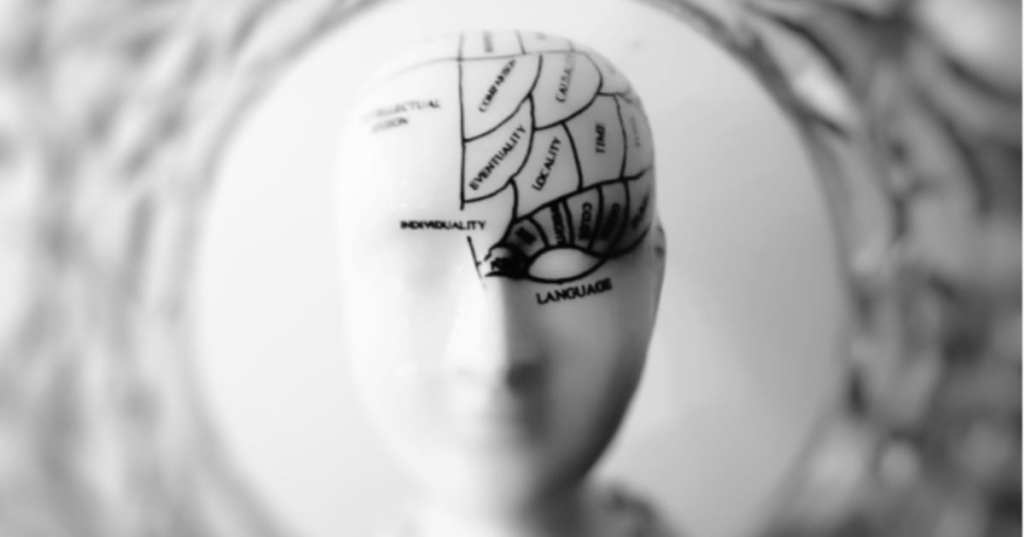Trending Now
No one likes to believe that we’re not fully aware of what and why we make choices in our lives, but the truth is, our minds are far more complicated and vast than we’re able to control – or understand – most of the time.
Here are 7 ways our mind’s biases influence us, whether we know it or not.
7. Choice supportive bias.

Image Credit: Pexels
After you’ve chosen something, you feel good about it, regardless of whether or not there are negatives. You love your dog, even if it pees on the floor all of the time.
6. Anchoring bias.

Image Credit: Pexels
People rely too much on the first piece of information they hear – like in a salary negotiation, the first offer is the one that sets a range to start from, and stay within.
5. Clustering illusion.

Image Credit: Pexels
This is the tendency to see patterns in random events, like believing a bunch of red cards in a row will result in another red card.
4. Availability heuristic.

Image Credit: Pexels
When people underestimate the importance of valid information, just because in their personal experience, they’ve never seen it to be true.
Like, smoking can’t really be that dangerous, because no smoker you know has died from lung cancer.
3. Confirmation bias.

Image Credit: Pexels
We tend to prefer listening to information that confirms our preconceptions. This is one reason conversations about controversial topics can feel so fruitless.
2. Bandwagon effect.

Image Credit: Pexels
The more people who believe something, the more likely more people in the room are to believe it, too – otherwise known as groupthink.
1. Conservatism bias.

Image Credit: Pexels
People are more likely to rely on established evidence and norms than they are to accept new science or revelations as true.
Humans have been historically slow to warm up to big, new ideas, regardless of proof.
It’s kind of amazing to think about, right?
Tell us what your thoughts are on all of this in the comments.






